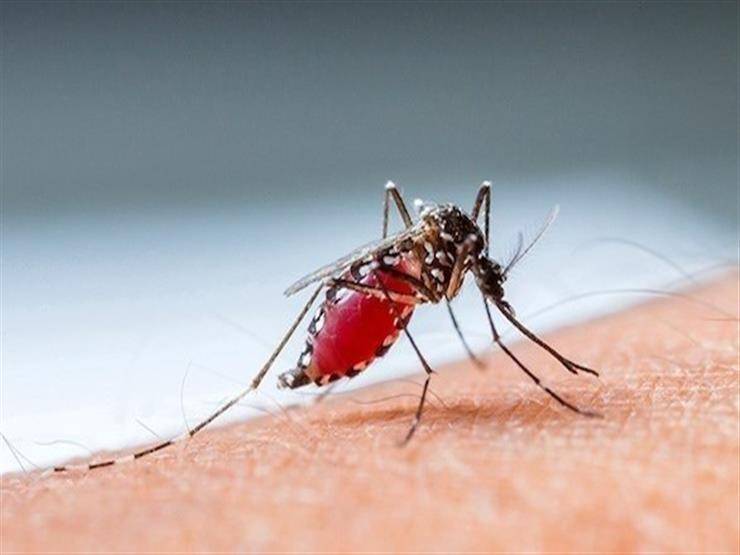Few people may hesitate to grab a newspaper and smash the annoying fly buzzing around them, but have you ever wondered if insects feel pain when you try to kill them? A new study is the first to confirm that insects not only feel pain from injury but also suffer from chronic pain after recovering from it.
Researchers from the University of Sydney, Australia, state that this discovery builds on earlier research conducted in 2003, which found that insects experience pain sensations. Co-author of the study, Dr. Greg Neely, an associate professor at the University of Sydney, explained: "People do not believe insects feel any kind of pain, but this has been proven in many different invertebrate animals. They can feel pain and avoid dangerous stimuli that we consider painful as humans. In non-humans, we refer to this as 'nociception,' which signals potential harmful stimuli like heat, cold, or physical injury. For simplicity, we can refer to what insects experience as 'pain'." He added, "In fact, we knew that insects suffered from pain, but what we didn't know was that being injured could lead to long-lasting hypersensitivity to normally non-painful stimuli in a manner similar to chronic pain in humans from serious injuries."
During the study, the authors damaged one leg of a fruit fly and allowed it to fully heal. They found that even after the fruit fly recovered, its uninjured leg became more sensitive to external stimuli than before—a reaction akin to chronic pain in humans. Dr. Neely said: "After being subjected to a severe injury, insects become highly sensitive and try to protect themselves in every possible way for the rest of their lives, which is fascinating and quite intuitive."
Moreover, Dr. Neely's team successfully pinpointed how insects respond to such stimuli. He stated: "The fly receives pain signals from its body, which then travel through sensory neurons to the ventral nerve cord—the insect equivalent of the spinal cord. In this nerve cord, there are inhibitory neurons that act like gates to either allow or block the perception of pain based on the injury the insect has sustained. After an injury, the affected nerve floods the nervous system with pain signals and removes all gates permanently, making the insect hypersensitive to pain."
It is worth noting that this type of chronic pain experienced by flies is known as neuropathic pain, which occurs in humans from conditions such as sciatica, shingles, pinched nerves, or any other types of damage and injuries to the nervous system. Patients experiencing neuropathic pain often report sharp pain resembling that of being shot or severe burning sensations in the affected area.
Such studies may help scientists understand the reasons behind chronic pain in humans as well, potentially leading to first treatments that focus on the cause rather than just pain relief.




